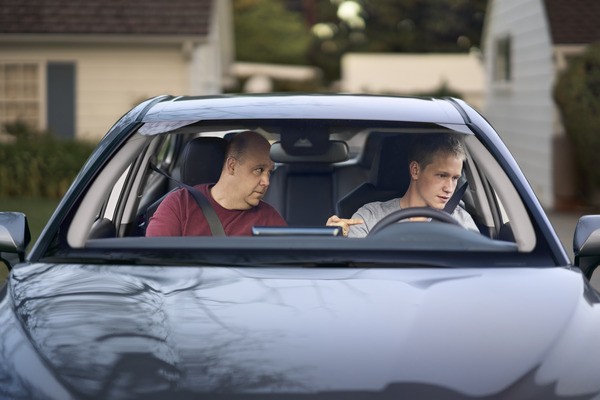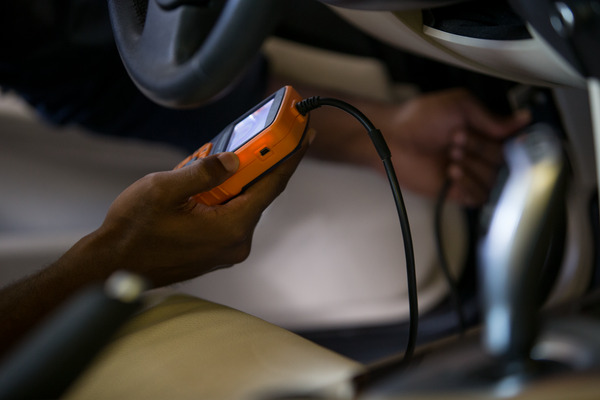How to Clean a Chimney
Cleaning your chimney is essential for the safety of your home, as it can help prevent dangerous chimney...
Read more about How to Clean a ChimneyGet the latest how-tos, articles and tips for your car, home, finances and all of the things that matter most.

Cleaning your chimney is essential for the safety of your home, as it can help prevent dangerous chimney...
Read more about How to Clean a Chimney
The first winter storm of the year brought heavy snow, strong winds and record-low temperatures to much of...
Read more about Safety Tips for Driving in the Snow
Schools, playgrounds and childcare facilities are full of energy and fun — and they’re also full of kids’...
Read more about How to Prevent the Spread of Kids’ Germs
Summer fun is about enjoying celebrations and time outdoors with activities like swimming, grilling out, going to parades...
Read more about Firework Safety Tips
Driving on the highway for the first time can be nerve-racking, which is why it’s common for new...
Read more about Highway Driving Tips for Teens
Nationwide Retirement Solutions announced that Ed Malone has been promoted to associate vice president, Protected Retirement Sales where...
Read more about How to Prevent the Spread of Kids’ Germs
We are proud to join the Haslam Sports Group and the Edwards family as a partner to propose...
Read more about How to Prevent the Spread of Kids’ Germs
DALBAR, the leading independent evaluator of the financial services industry’s customer experience, has recognized Nationwide Retirement Solutions with...
Read more about How to Prevent the Spread of Kids’ Germs
It’s one of the worst things that can happen to a driver. You turn the key in your...
Read more about Why Your Car Won’t Start
Shopping has evolved dramatically over the past several decades, providing consumers with more choice and convenience whether they...
Read more about Online Shopping vs. In-Store Shopping: Pros and Cons
One minute you’re driving your car and everything seems fine, and the next moment you hear a strange...
Read more about 12 Common Car Noises and What They Mean
Have you ever found yourself on a long drive, glancing nervously at the gas gauge as it sits...
Read more about Why Did My Gas Gauge Stop Working?
For many families, game night is a big tradition. It can be a great way to make memories...
Read more about 20 Fun Family Game Night Ideas
In the early 2000s, luxury car manufacturers began producing automobiles that were missing something: a key. Like many...
Read more about What You Need to Know About Push-Button-Start Cars
Riding a motorcycle can be a freeing and fun experience. But before you cruise off into the sunset,...
Read more about How to Ride a Motorcycle in 11 Steps
To understand whether you have a bad alternator or a bad battery, you need to understand how a...
Read more about Signs of a Bad Alternator or Battery
If you love motorcycles, the lure and appeal of the bike seems almost overpowering. While different enthusiasts love...
Read more about What’s in a Name? Vintage, Classic and Antique Motorcycles 101
Curious about your car’s alternator? Read on for an inside look at what an alternator is and how...
Read more about What is an Alternator and How Does it Work?
Whether you’re planning a cross-country trip or just a quick weekend getaway, here are some road trips to...
Read more about Road Trip Tips: 9 Ways to Help You Thrive While You Drive
Nothing can change the appeal of your car’s interior quite as fast as torn upholstery. One little rip...
Read more about How to Repair Car Upholstery Yourself